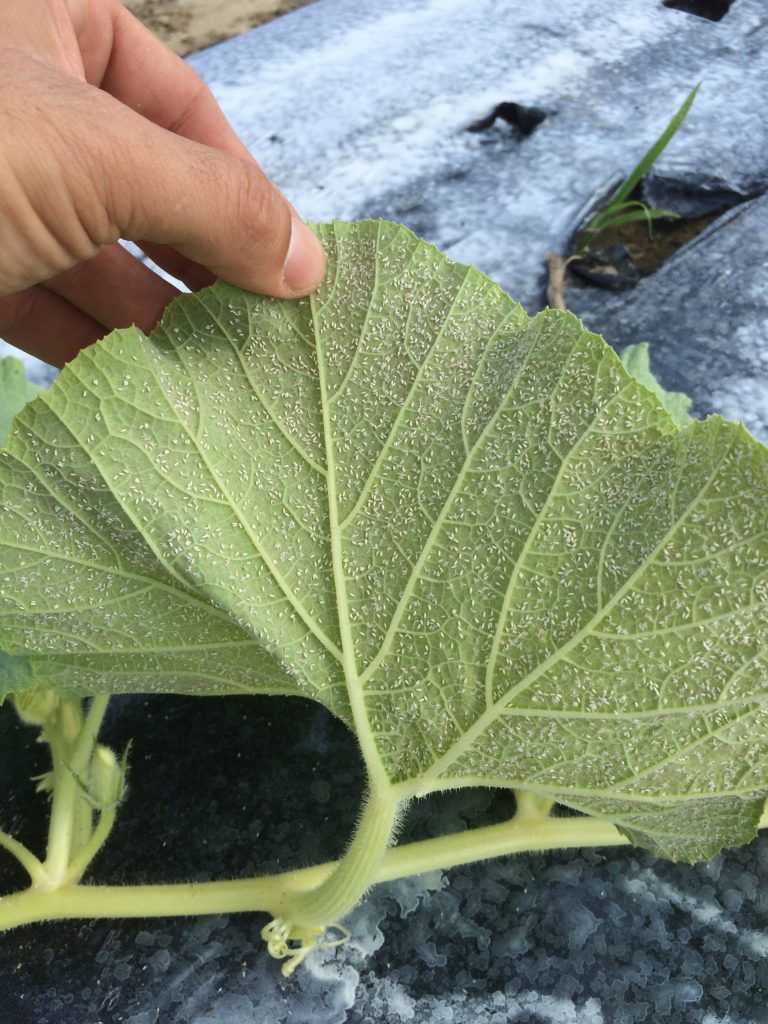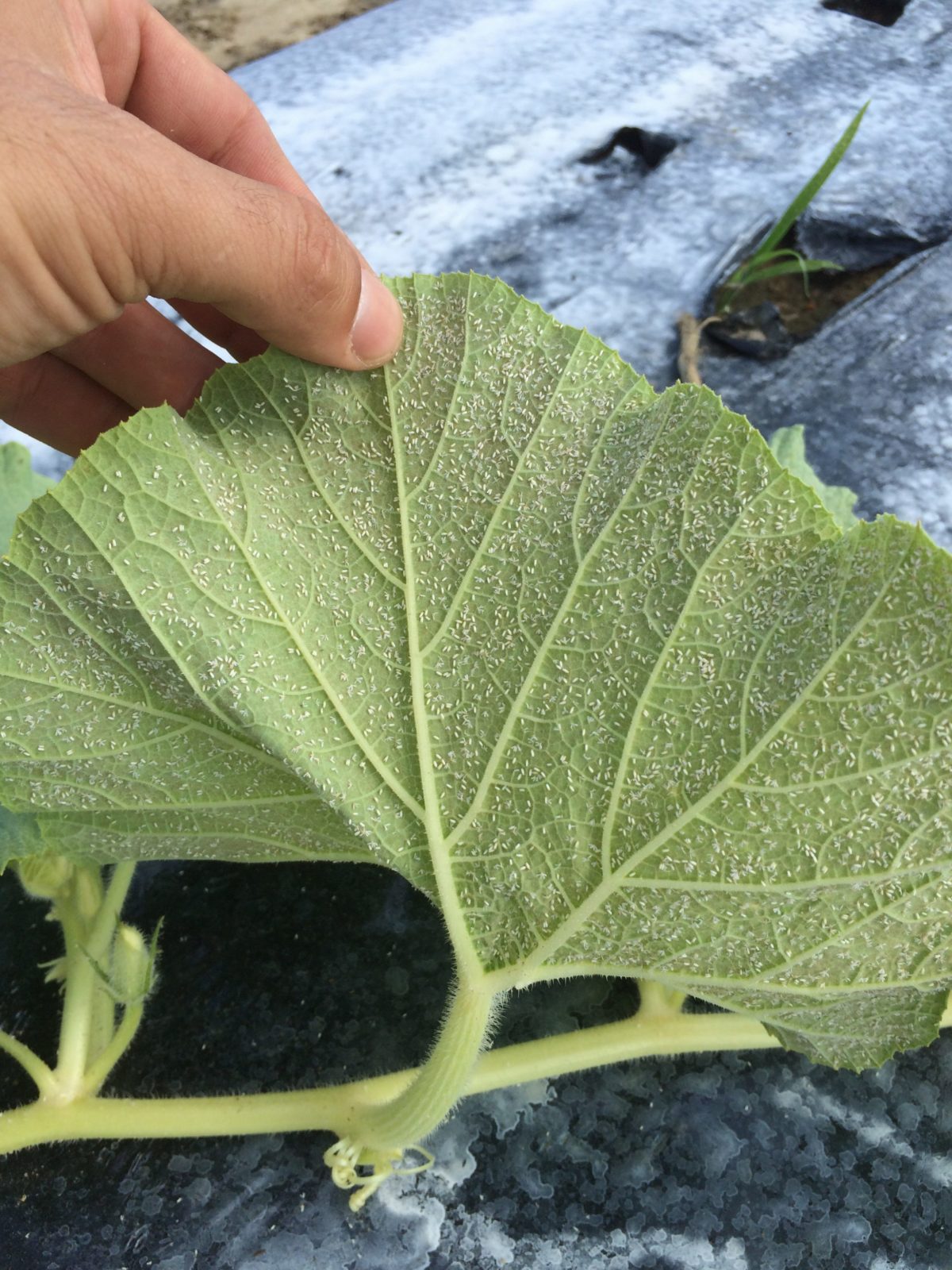
University of Georgia Cooperative Extension vegetable entomologist Stormy Sparks is more optimistic about the ongoing whitefly problem that farmers are facing this fall – especially more than what he was feeling two weeks ago. His reason for optimism? Remnants from a hurricane and a drop in temperatures.
Remnants from Hurricane Sally and cooler weather this week should help knock back some of the whitefly populations, which were wreaking havoc on fall vegetable crops.
The rain amounts were extreme in certain places last Thursday when the storm moved across the state. More importantly, the rain was widespread.
“I would anticipate that the weather knocked down the adult populations and this cool weather will greatly delay or reduce the amount that they rebound. That’s what I would think would happen,” Sparks said. “The main thing was (the rain) was everywhere. We got some everywhere. That probably has much more impact than those local heavy rains that we normally get.”
Weather Conditions
According to the UGA Automated Weather Network, Cordele, Georgia received 5.3 inches on Thursday, Sept. 17, while Moultrie, Georgia received 2.36 inches.
Temperatures also dropped from 81 degrees Fahrenheit on Sept. 16 to 67 degrees F on Monday, Sept. 21 in Moultrie.
Whitefly Infestations
Whiteflies have been a problem all year, dating back to early spring. An abnormally mild winter did not kill off many of the wild hosts that whiteflies overwinter on. The result was they became mobile earlier this past spring.
Whiteflies cause feeding injury issues in vegetables and transmit two viruses: cucurbit leaf crumple virus and cucurbit yellow stunting disorder virus. Vegetables like squash, zucchini, cucumber, cantaloupe and snap beans are highly susceptible to these viruses. Commercial cultivars that have resistance or tolerance to these pathogens are not available.










